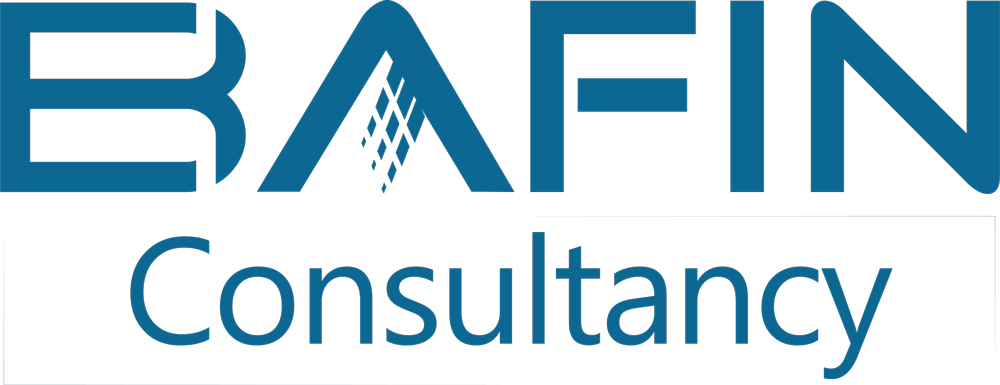Since the entry into force of the Law No. 6493 on Payment and Securities Settlement Systems, Payment Services and Electronic Money Institutions and the end of the transition period, many companies have applied for a license to the Banking Regulation and Supervision Agency (BDDK). Up to now, ten (ten) companies have managed to obtain electronic money institution licenses and thirty (30) companies payment institution licenses. The application process for many companies is still being evaluated by the BRSA. In this case, it is possible to say that at the end of the licensing process, approximately fifty companies will be licensed and operate in the payment services sector. In addition, it is possible to foresee that there will be new applications for both electronic money and payment service licenses in the coming period.
Since most of the companies applying for license are companies operating in the sector, the main difficulty for these companies is compliance with the regulations and making investments within this framework. For companies that want to enter the Turkish payment services market, the main challenge is to acquire the language as early as possible. As a matter of fact, these companies cannot operate in the sector until they get a license, and this may cause the capital to erode with the prolongation of the period.
The speed and success of the license applications are closely related to the content of the application file. The main determinant of the framework in which the content of the file should be prepared is the determination of the right business model and the payment services to be operated. As a matter of fact, the independent audit report to be obtained, the framework of payment systems, internal control, risk management, etc. The issues must be shaped according to the service areas in which the activity is carried out. The partnership structure of the company for which the license application is made and the characteristics of the managers stand out as other factors affecting the speed and success of the licensing process.
In the case of an ideal application file, it is possible to expect the licensing process to be finalized in a short time (3 or 4 months). In case the application file contains deficiencies or the BRSA requests additional explanations, the applicant company is notified in writing. In this case, the deficiencies stated by the applicant company should be completed as soon as possible, and it should be kept in mind that the 6-month period foreseen for the BRSA to make a decision on the application will start again from the moment the specified deficiencies are eliminated.
The most important issue in the process of obtaining a license and then starting to operate is to establish legal relations with customers, representatives, organizations from which outsourcing services are received, and organizations that do business with. Companies should establish and operate internal control and risk management systems in proportion to the complexity of this network of relationships and the size of their business.
This article is the beginning of a series of articles that I intend to write on important issues related to the Turkish payment services sector in the coming period. In this context, the features that managers should have, internal control system, risk management system, obligations related to information systems, appointment of representatives in and outside of Turkey, cooperation agreements to be made with licensed institutions, etc. will be discussed in future articles. topics will be addressed. I would be happy to receive your comments and topic suggestions.
Av. Dr. Mehmet Sıddık YURTÇİÇEK
Senior Consultant Manager
BaFin Consultancy
Phone: +905337602006 +(90) 216 550 44 30
Email: mehmet.yurtcicek@bafinconsultancy.com
www.bafinconsultancy.com

